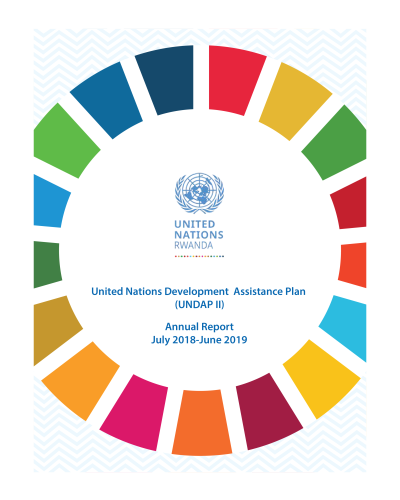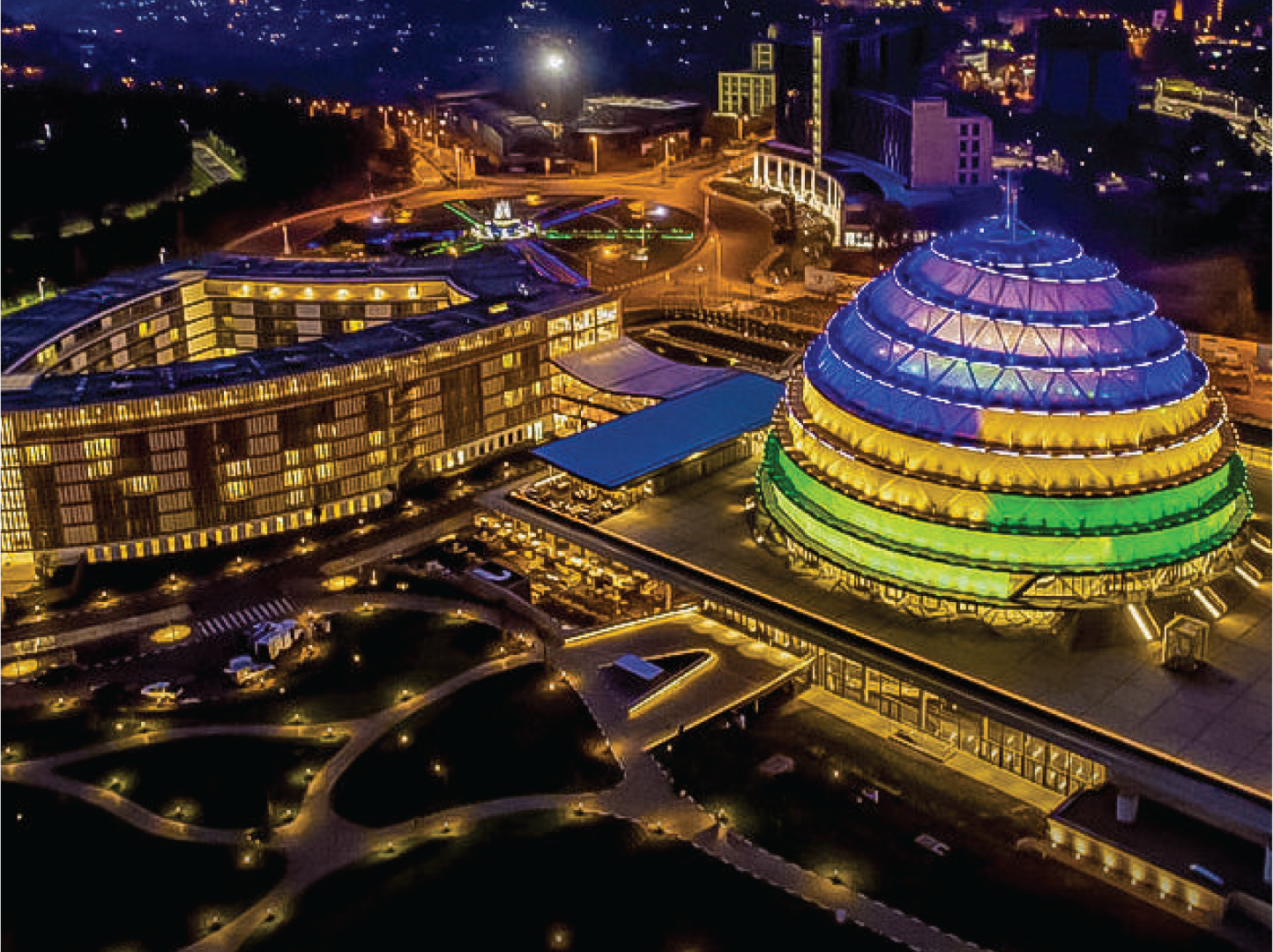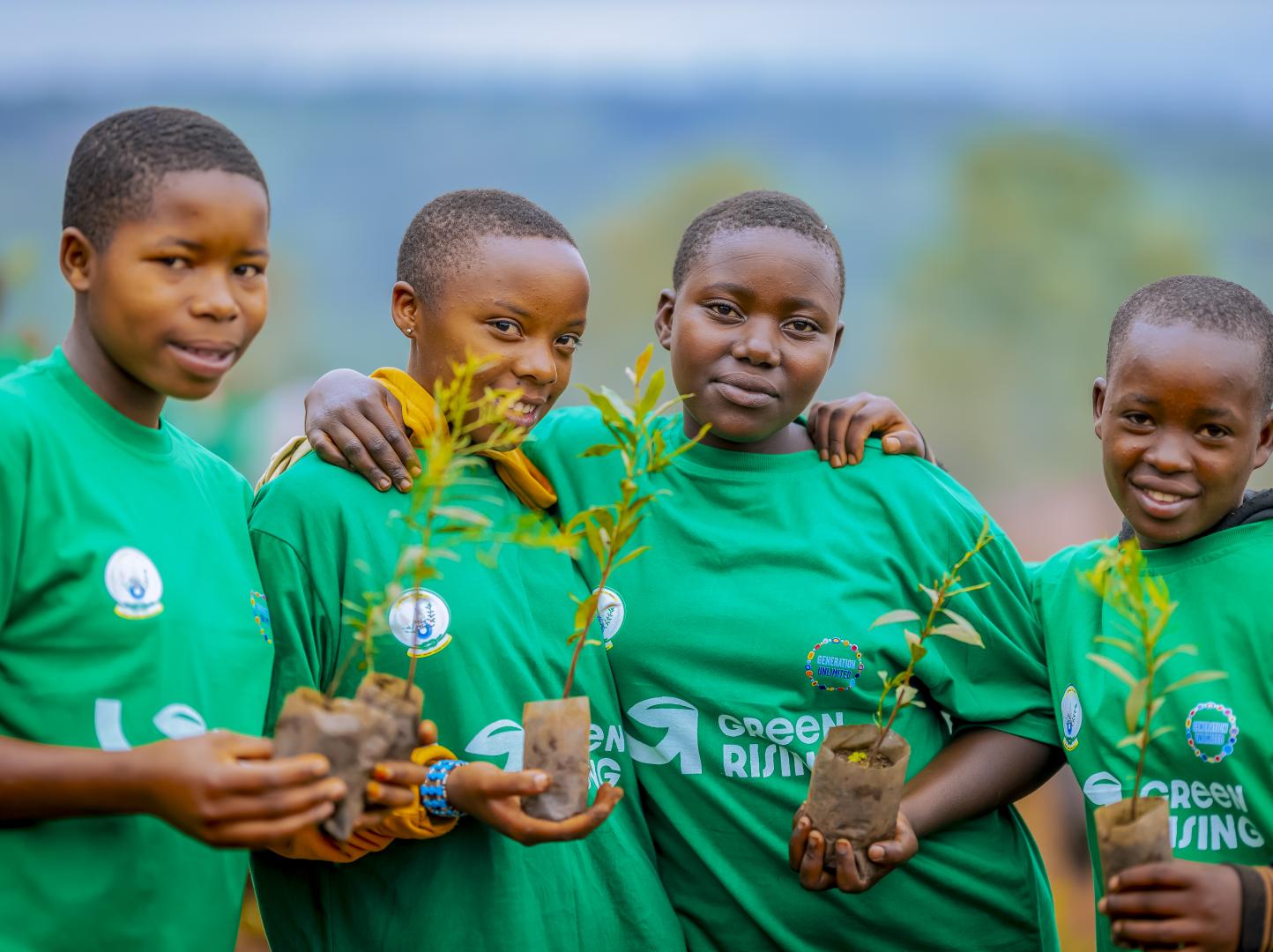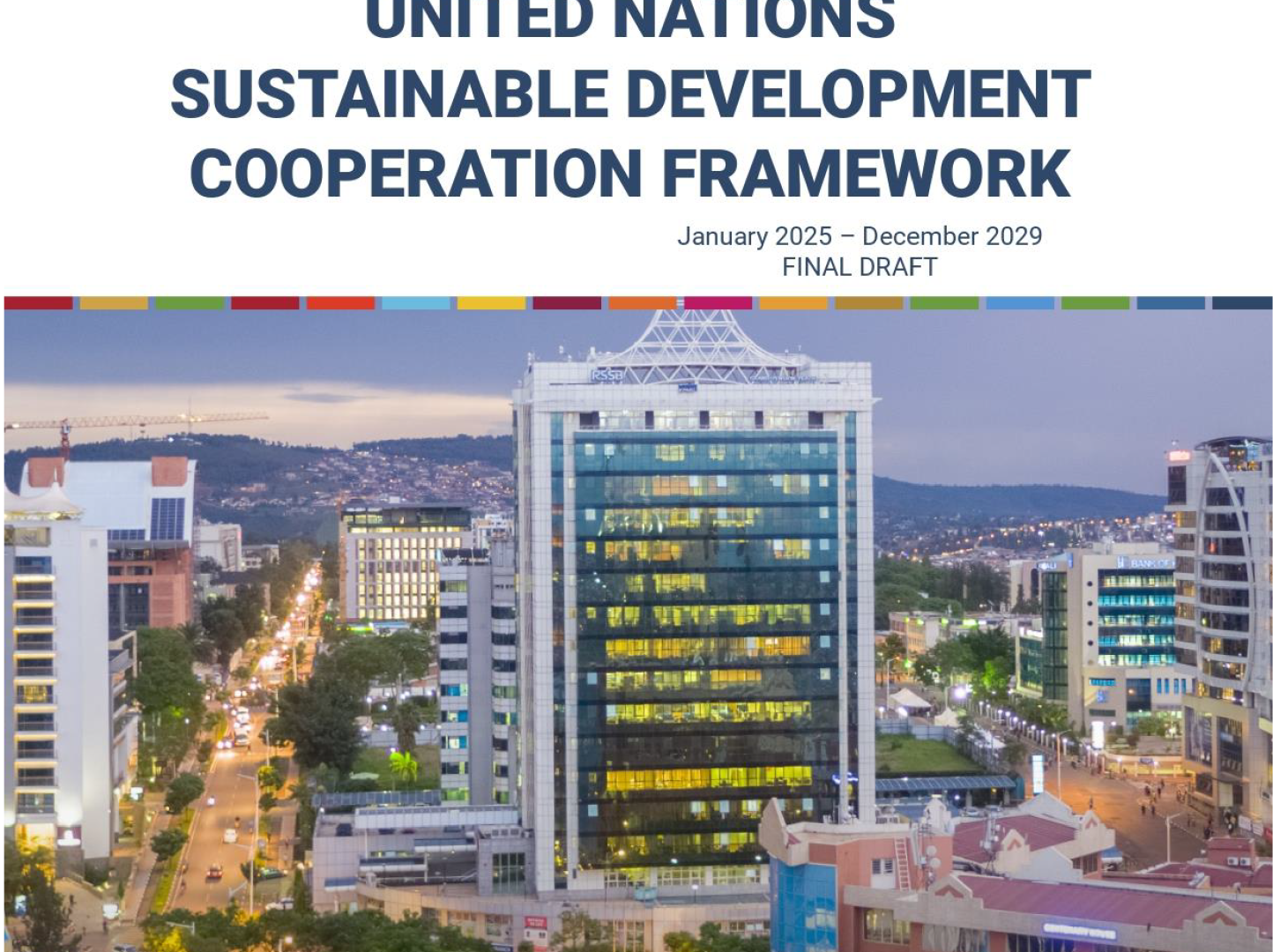United Nations Development Assistance Plan (UNDAP II) Annual Report. June 2018 - July 2019

The report in your hands critically analyzes the results of our joint efforts – UN and its partners - and draws their lessons during the very first year of implementation of the United Nations Development Assistance Plan 2018-2023, supporting the National Strategy for Transformation (NST1) and the Sustainable Development Goals. However, as transformation is a process, the
report also highlights outcomes of previous work that have now borne fruit.
The year has also seen UN changing to better fit-for-purpose, as indicated in the resolution 72/279 of 31st May 2018 on UN reforms, approved by the General Assembly. On January 1st, 2019, we started implementing the UN Reforms, with an impartial, empowered and full time Resident Coordinator, separated from the function of UNDP Resident Representative. The aim is to improve our coordination and strengthen our cooperation framework and accountability to better contribute to the country’s development trajectory for the benefits of its population, leaving no one behind. Of course, we will build on the excellent context: Rwanda, being a Delivering-as-One country since 2008, with a clear vision and well-established coordinating mechanisms and partnership with the UN. In addition, national actors, including the President of the Senate, the Prime Minister, the Minister of Finance and Economic Planning, the Minister in the Office of the President and other Government of Rwanda officials, have provided guidance and views, and the development partners, recommendations. The clear objective is how the UN in Rwanda can deliver more and better, remain relevant and be efficient and effective, thus playing its role for the benefits of the people.
Through partnership, capacity building, contributing to institutions and system building, nurturing innovations and catalytic work, One UN Rwanda has continued to deliver a broad range of operations. During the reporting year, we provided coordinated support to various important processes, yielding important discussions on critical issues and laying the ground for national, regional and global advocacy, such the Voluntary National Review (VNR). The Government of Rwanda presented its first VNR in July 2019, at the high-level political forum in New York. This important stock taking exercise is also an opportunity to better define the roadmap to accelerate the SDGs implementation as per the Decade of Action for the Agenda 2030 adopted during the September 2019 General Assembly, including by tackling the critical question of financing through the integrated national
financing framework; addressing the data gap and ensuring readiness to report on the SDGs.
We have continued our joint efforts in the three pillars of the UNDAP II: economic transformation, social transformation and transformational governance. We have contributed to the creation of decent jobs, increasing resilience and mitigating the effects of climate change, improving health, nutrition and education, and enhancing gender equality and youth participation. As a response to the Ebola Virus Disease (EVD) outbreak in the Democratic Republic of Congo, we partnered with the Government to design and implement a preparedness and response plan. As a way of strengthening the humanitarian-development nexus work, we have continued our operations with refugees in the camps across the country, as well as with host communities. All this action is grounded on deepening our partnerships with the Government, but also with the private sector, civil society and development partners. We thank our donors and partners that are contributing to the implementation of the UNDAP.
We can assure all our partners of our increased efficiency with our Business operations (BOS II). The collective leadership and dedicated and professional staff are real assets to our joint work, and I am very proud of what we have achieved together during this first year of UNDAP implementation.
We have a vision, “the One UN strategically and effectively supports Rwanda to achieve inclusive, equitable and sustainable development and a high quality and standard for life for everyone”.
We have a fundamental principle of leaving no one behind and promoting diversity and inclusion and human rights. We have a clear roadmap in the “Decade of Action for the SDGs” and our cooperation framework. Therefore, we need to scale-up our interventions and act with a sense of urgency. This is the only way for us to jointly deliver on our promise by reaching the SDGs. I know that with the clear vision of the country, well-functioning institutions and systems and a UN team more than ready to play its role, in strong cooperation, Rwanda will be successful in the SDGs, leaving no one behind.




















